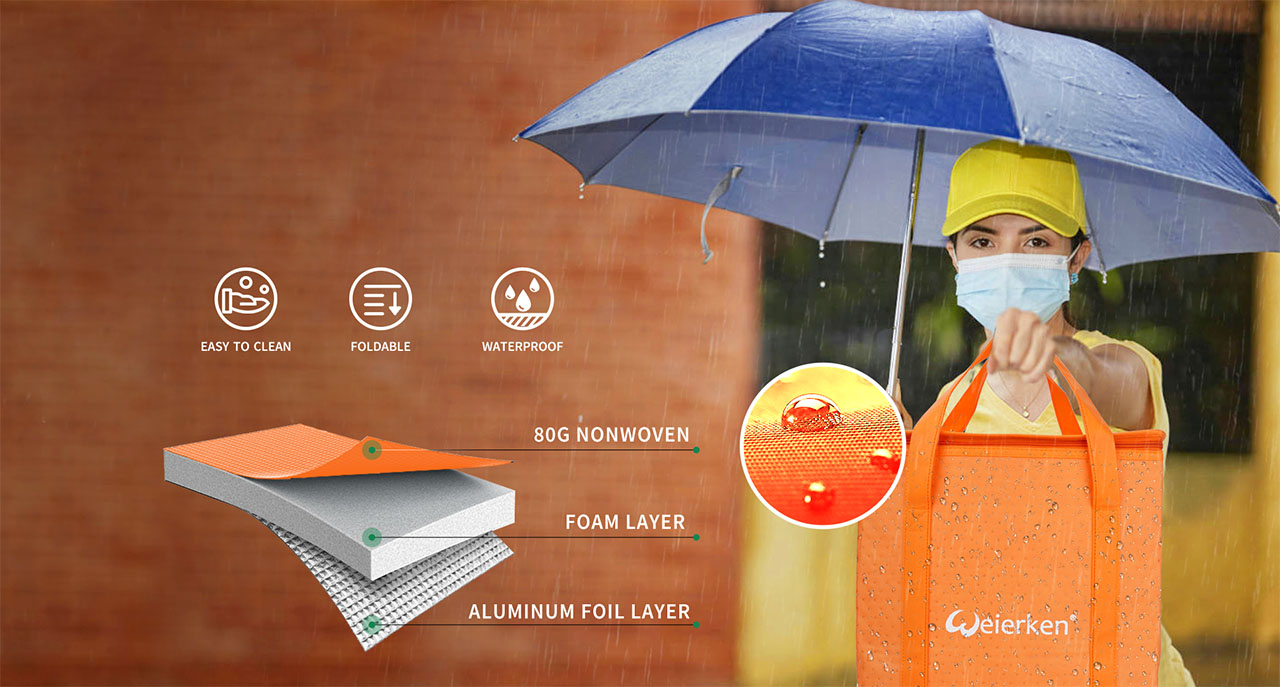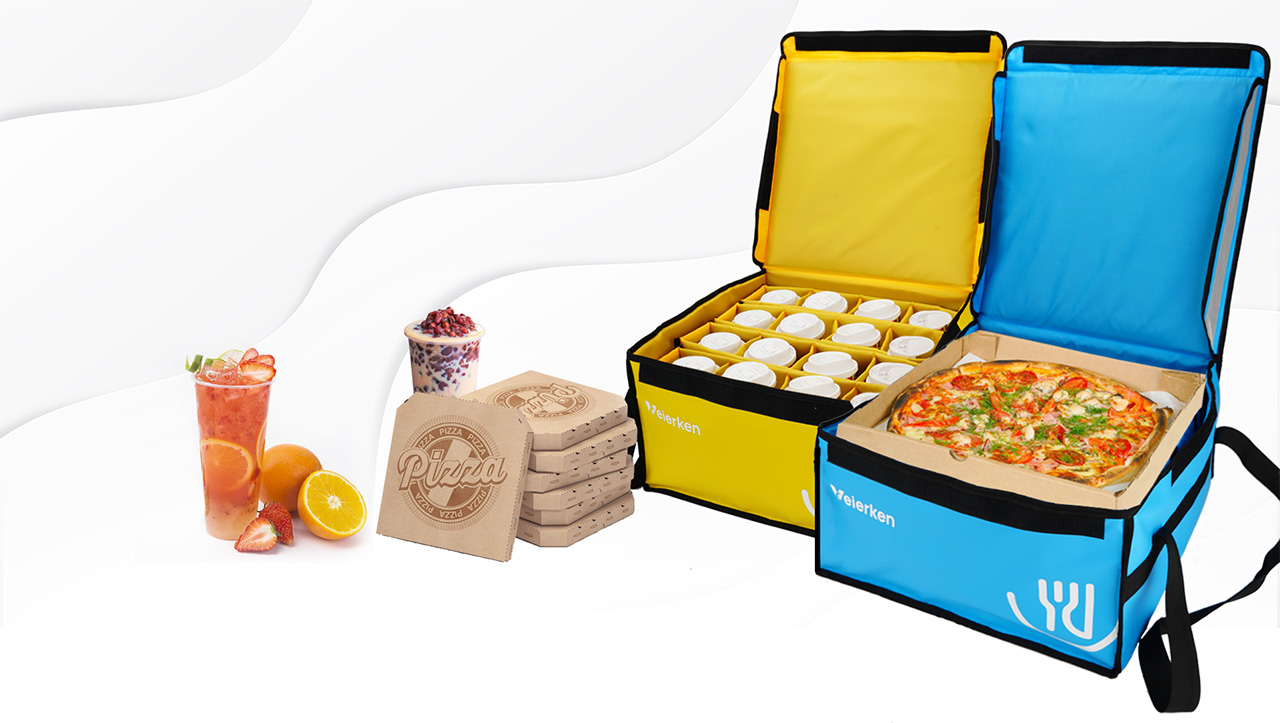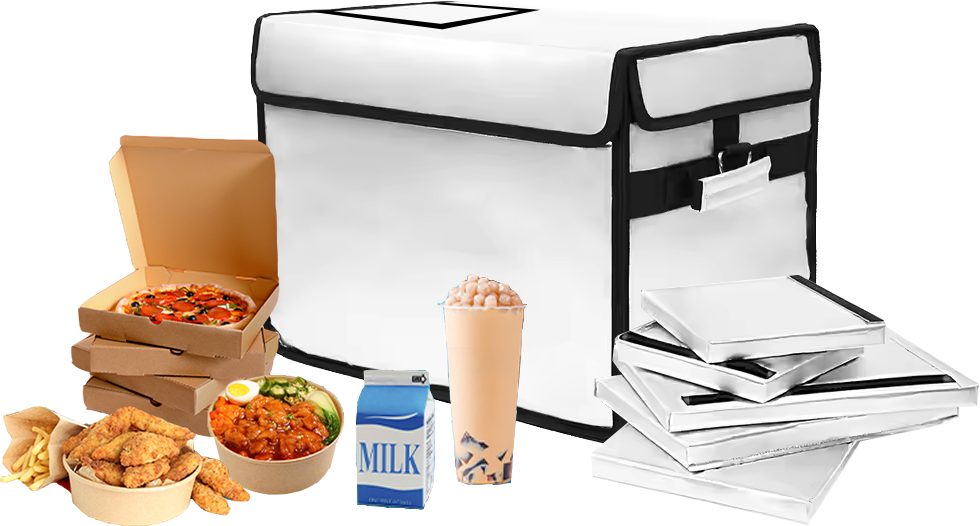Your choice of an eco friendly bag manufacturer is more than a transaction—it’s a direct reflection of your brand’s commitment to quality and the planet. For procurement specialists and brand managers, this decision is a cornerstone of your supply chain resilience, product integrity, and public image.
This guide moves beyond the basics to focus on the critical B2B factors that separate industry leaders from the rest. We will help you evaluate partners based on scalable manufacturing, verifiable compliance, and value-add services that protect your brand and drive real growth. Whether you’re sourcing custom reusable grocery bags, premium corporate gift sets, or specialized OEM cooler bags, finding the right partner is pivotal.
Let’s explore the core competencies you need to make a strategic, confident choice.
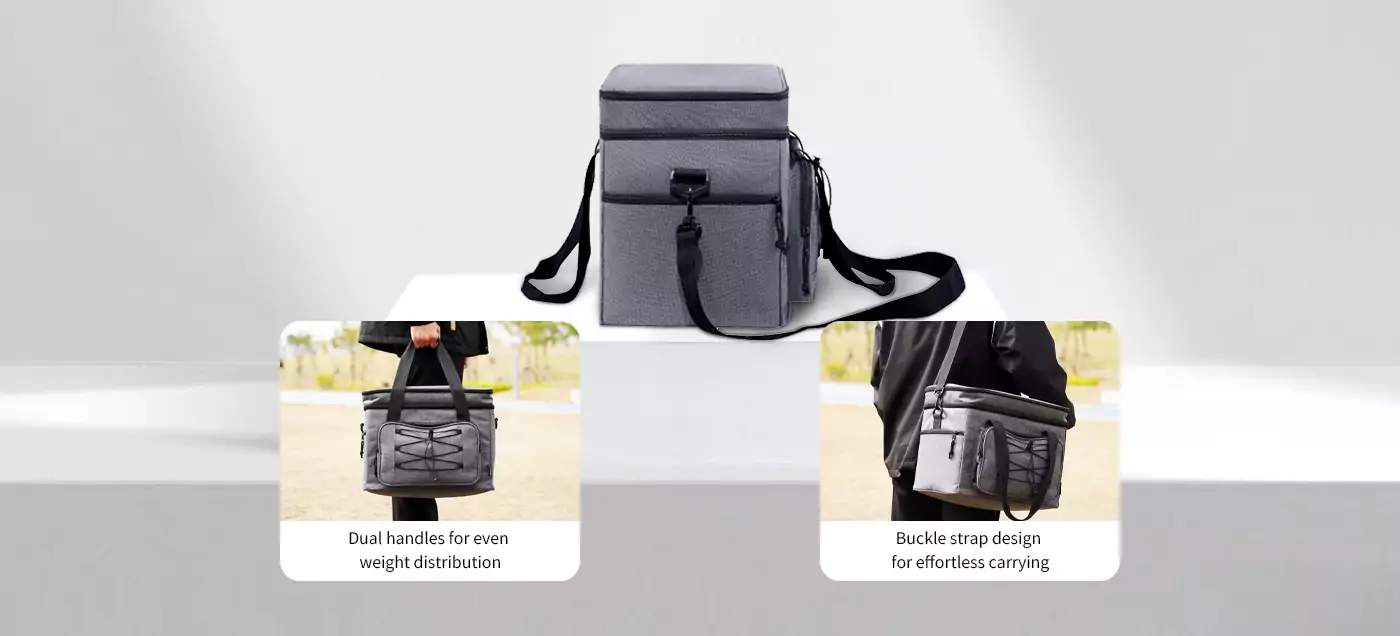
Core Procurement Evaluation: Key Pillars for Selecting a Manufacturer
Navigating the landscape of eco friendly bag manufacturers requires a structured approach. Move beyond basic price comparisons and assess partners on these fundamental pillars.
1. R&D and Customization Support: From Concept to Market-Ready Product
Top-tier manufacturers function as an extension of your own R&D team. They offer more than just production; they provide solutions.
- Market-Informed Design Support: The best eco friendly bag manufacturers don’t just follow trends; they understand them. They can advise on which sustainable materials (e.g., RPET, GRS-certified cotton, rPP non-woven) are performing well in specific markets, preventing costly missteps.
- Rapid Prototyping and Iteration: Time-to-market is critical. Look for partners with in-house sampling studios capable of turning your sketches or CAD files into physical prototypes within days. This allows for quick feedback on handle ergonomics, print clarity, and overall construction before mass production begins.
- OEM/ODM Flexibility: Whether you have complete tech packs (OEM) or a nascent idea needing full development (ODM), your manufacturer should accommodate both. A strong ODM capability means they can present you with a portfolio of proven designs that can be quickly customized, ideal for seizing sudden market opportunities or building a complementary product line like an oem cooler bag alongside your main offerings.
2. Environmental Compliance and Verifiable Certifications
“Eco-friendly” is a claim that must be backed by hard evidence. For B2B buyers, this is non-negotiable.
- Material Traceability: Insist on suppliers who provide proof of material origin. Fabrics made from Recycled Polyethylene Terephthalate (RPET) should be traceable back to post-consumer plastic bottles. The Global Recycled Standard (GRS) is a key certification for this, auditing the entire chain of custody.
- Chemical and Social Accountability: Compliance extends beyond the final product. Key certifications to look for include:
- GRS (Global Recycled Standard): Verifies recycled content and responsible social and environmental practices.
- REACH: Ensures the absence of harmful substances, crucial for European market access.
- BSCI (Business Social Compliance Initiative): Audits and improves social performance in the supply chain, mitigating reputational risk.
- ISO 9001 & ISO 14001: Demonstrate a commitment to quality management and environmental management systems.
- FDA Compliance: For oem cooler bag products or any bags intended for direct food contact, FDA compliance for liners and materials is a mandatory safety checkpoint.
3. Production Capacity and Reliable Delivery Timelines
A great product delivered late is a liability. Assess the operational backbone of your potential partner.
- Scalable Capacity: Understand their monthly output capacity. Can they handle your initial order and scale up for a successful product launch? Do they have multiple production lines to manage different product categories simultaneously?
- Managing Peak Season and Rush Orders: The retail cycle has peaks and troughs. A reliable manufacturer will be transparent about their lead times (typically ranging from 25-65 days depending on complexity and order volume) and have a clear process for accommodating urgent, high-priority replenishment (replenishment orders) without compromising on quality.
- Supply Chain Robustness: Inquire about their raw material inventory and relationships with fabric suppliers. A resilient supply chain minimizes the risk of production halts due to material shortages.
Addressing Specific B2B Pain Points with Professional Solutions
Every client type has unique challenges. A proficient custom eco friendly bag manufacturer provides targeted solutions.
- For Promotional Product Distributors: Pain Point: Inconsistent quality from order to order, damaging client relationships. Solution: A partner with rigorous QC checks at every stage (fabric inspection, in-process, pre-shipment) ensuring every batch meets the same high standard.
- For Retail Brands Launching a Sustainable Line: Pain Point: Navigating complex sustainability claims and avoiding “greenwashing.” Solution: A manufacturer that provides full documentation, including GRS transaction certificates and detailed material composition reports, giving your marketing team verified claims.
- For Corporations Sourcing Custom Corporate Gifts: Pain Point: Need for a unique, high-perception-value item on a tight timeline. Solution: An ODM-focused manufacturer with a catalog of premium, ready-to-customize designs for items like laptop sleeves or oem cooler bag products, significantly accelerating the development process.
Conclusion: Building a Sustainable and Profitable Partnership
Selecting eco friendly bag manufacturers is a deep dive into capabilities, not just a price negotiation. The ideal partner brings technical expertise, verifiable ethical and environmental credentials, and the operational muscle to deliver on time, every time. By prioritizing manufacturers who excel in R&D, possess robust certifications like GRS and BSCI, and offer transparent communication on capacity and lead times, you secure more than a supplier—you gain a strategic ally. This partnership empowers your brand to confidently meet the demand for sustainable products, from custom totes to technically sophisticated oem cooler bag solutions, driving growth while upholding your values.
Frequently Asked Questions for B2B Buyers
Q1: What is the minimum order quantity (MOQ) for custom eco friendly bags?
MOQs vary significantly based on material, bag complexity, and customization level. For standard designs, MOQs can start from 1,000-3,000 pieces, while highly customized orders may require 5,000+.
Q2: Can you produce bags that are compliant with our specific market regulations, like CPSC for the US or REACH for the EU?
Yes, professional eco friendly bag manufacturers are experienced in meeting international regulatory standards. They should be able to guide you on the necessary testing and documentation for your target markets.
Q3: What is the typical lead time from order confirmation to shipment?
A standard lead time is between 25 to 65 days. This includes raw material sourcing, production, quality control, and shipping preparation. Rush orders can sometimes be accommodated but will incur expediting fees.
Q4: What is the difference between OEM and ODM services you offer?
OEM (Original Equipment Manufacturing) is when you provide the complete design and we manufacture it. ODM (Original Design Manufacturing) is when you leverage our existing designs and R&D capabilities to create a product, which we then produce and brand for you.
Q5: How do you ensure the consistency of the recycled materials, like RPET fabric, across large orders?
We source GRS-certified fabrics from audited suppliers. The GRS certification provides a chain of custody, ensuring the recycled content is consistent and traceable. We also conduct batch testing on incoming materials for weight, strength, and color fastness.
Q6: Do you offer custom packaging solutions for the finished bags?
Yes, we provide comprehensive packaging options, from simple poly bags to custom-printed boxes or recycled paper wraps, ensuring your product arrives at its destination in perfect brand-aligned condition.
Q7: What file formats do you require for printing our logo or artwork?
We prefer vector-based files (AI, EPS) for the cleanest results. High-resolution PNG/PSD files (300 DPI+) are also acceptable. Our team will provide a precise print guideline upon project initiation.
